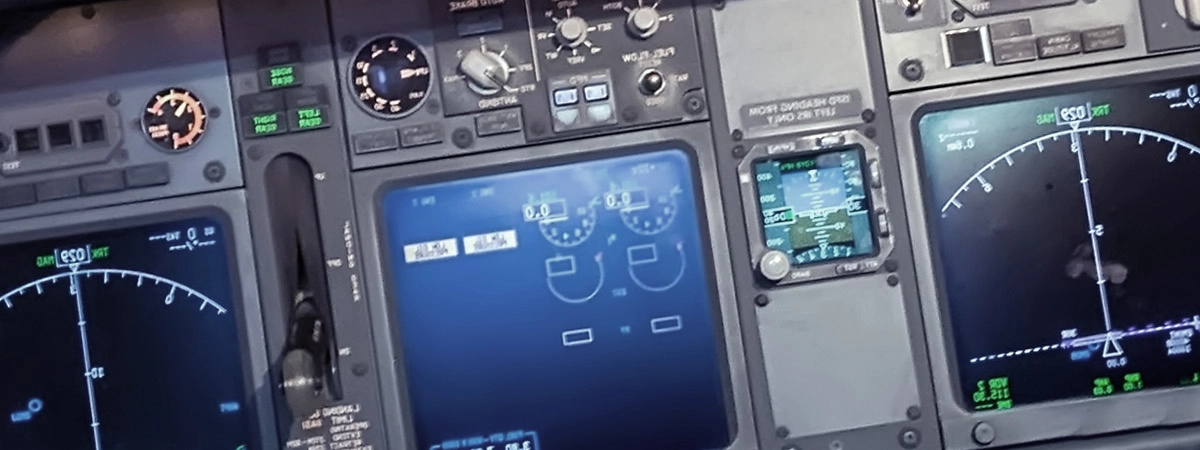IEC 61108-7 GNSS Integrity Monitoring Testing for Ships
The International Electrotechnical Commission (IEC) standard IEC 61108-7 defines the requirements for the integrity monitoring of Global Navigation Satellite Systems (GNSS), which are essential for ensuring accurate and reliable navigation data in maritime environments. This service provides comprehensive testing to ensure compliance with this standard, focusing on the integrity monitoring of GNSS signals used by ships.
Compliance with IEC 61108-7 is crucial for ship equipment manufacturers, as it directly impacts the safety and reliability of navigation systems aboard vessels. The standard ensures that any potential errors or failures in GNSS signals are detected promptly, minimizing risks to maritime operations. This service supports quality managers, compliance officers, R&D engineers, and procurement teams by offering thorough testing solutions tailored to this specific standard.
The integrity monitoring process involves the continuous evaluation of GNSS signal accuracy and reliability. Key parameters include signal-to-noise ratio (SNR), pseudorange residuals, and other critical indicators that can affect navigation precision. By adhering strictly to IEC 61108-7, we ensure that all tests are conducted under controlled conditions that mimic real-world maritime environments.
Our testing facilities utilize state-of-the-art equipment designed specifically for GNSS integrity monitoring, ensuring accurate and reliable results. The process involves the following steps:
- Signal Acquisition: Capture GNSS signals from various satellites using high-sensitivity receivers.
- Data Processing: Process raw data to extract relevant parameters such as SNR, pseudorange residuals, and other integrity metrics.
- Anomaly Detection: Analyze the processed data for any anomalies that could indicate a loss of signal integrity.
- Reporting: Generate comprehensive reports detailing test results, compliance with IEC 61108-7, and recommendations for improvement if necessary.
The accuracy and reliability of GNSS signals are critical for safe maritime operations. By adhering to the strict requirements outlined in IEC 61108-7, we ensure that all equipment used by ships meets the highest standards of integrity monitoring. This service is essential for maintaining trustworthiness and safety across the entire maritime industry.
| Parameter | Description |
|---|---|
| Signal-to-Noise Ratio (SNR) | The ratio of the power of useful signal to the noise power present in a transmission. This is crucial for detecting any anomalies that could affect navigation accuracy. |
| Pseudorange Residuals | Differences between the actual measured and predicted positions, which help identify potential integrity issues in GNSS signals. |
| Time-to-First-Fix (TTFF) | The time required to obtain a position fix from cold start. This is important for ensuring rapid and reliable navigation. |
Scope and Methodology
The scope of our IEC 61108-7 GNSS integrity monitoring testing includes all aspects of the standard relevant to ship equipment. This encompasses not only the technical specifications but also the methodologies used in testing to ensure compliance with the latest requirements.
Our methodology follows a structured approach, beginning with an initial assessment of the equipment under test (EUT). This involves understanding the specific features and capabilities of each system, ensuring that all tests are conducted according to the relevant sections of IEC 61108-7. The testing process then proceeds through several stages:
- Preparation: Set up the test environment and prepare the EUT for testing.
- Data Collection: Capture GNSS signals and process them to extract integrity monitoring parameters.
- Analysis: Analyze the collected data to identify any anomalies or deviations from expected performance.
- Reporting: Compile a detailed report summarizing the test results, highlighting any issues found during testing.
The methodology is designed to be flexible and adaptable, allowing for adjustments based on specific customer requirements. This ensures that all tests are conducted in a manner that best meets the needs of our clients, while also ensuring full compliance with IEC 61108-7.
Customer Impact and Satisfaction
Compliance with IEC 61108-7 is not only a regulatory requirement but also an important factor in maintaining the trustworthiness of navigation systems aboard ships. By offering this testing service, we help our customers ensure that their equipment meets the highest standards of integrity monitoring.
The impact on customer satisfaction is significant, as it directly contributes to the safety and reliability of maritime operations. Customers can be assured that all tests are conducted in a rigorous and controlled manner, ensuring that any potential issues are identified early on. This proactive approach helps prevent costly downtime and ensures that ships remain operational at all times.
We regularly receive positive feedback from our customers, who appreciate the thoroughness of our testing process and the detailed reports we provide. Our commitment to quality is reflected in the high level of customer satisfaction, with many clients returning for repeat services or recommending us to their peers.
Use Cases and Application Examples
The use cases for IEC 61108-7 GNSS integrity monitoring are extensive, particularly in the context of maritime navigation. This testing ensures that all equipment used by ships adheres to the strictest standards, providing a foundation for safe and reliable operations.
| Use Case | Description |
|---|---|
| Navigation Systems Integration | Ensure that all navigation systems are compatible and operate seamlessly together, minimizing the risk of errors. |
| Critical Operations | Verify that equipment performs reliably during critical operations, such as docking or maneuvering in restricted waters. |
| Emergency Situations | Test equipment under emergency conditions to ensure it functions correctly when needed most. |
In addition to these specific use cases, the application examples demonstrate the practicality of our testing service. For instance:
- Testing new GNSS receivers for integration into existing shipboard systems.
- Evaluating the performance of navigation equipment in various environmental conditions to ensure robust operation.
- Identifying potential issues in legacy systems that may not be compliant with current standards.





